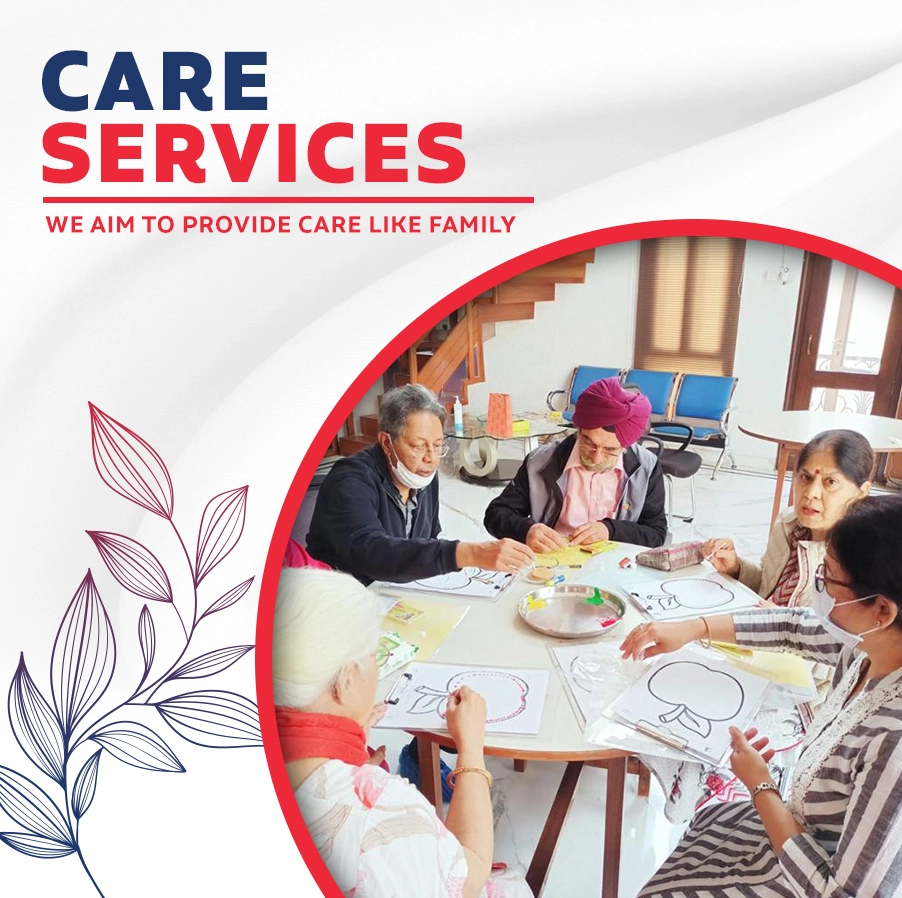Exceptional Post Operative Care
People with Dementia (PwD) experience unique challenges when faced with the prospect of surgery. Recognizing the severe nature of these issues will help the loved ones of PwD make significant adjustments to the aftercare regime for their loved one. We provide exceptional post operative care here at A.S.H.A.
Decisions about discharge destination after postoperative recovery should not deny patients access to high dependency or intensive care on the basis of their dementia or cognitive impairment alone. We at Hope Ek ASHA strongly believe that non‐pharmacological interventions should be used in the first instance to manage patients with cognitive emergence phenomena or delirium, including strategies to orient the person in time and place, regular communication and explanation (e.g. regular meal and rest times).
The most common postoperative complications in the geriatric population include, ileus, nutritional deficiencies, respiratory complications—including pulmonary embolism—and urinary retention.

The goal in managing any elderly patient is to preserve cognitive and physical function. Maintaining this goal in the postoperative setting requires the early implementation of preventive measures, as well as an understanding of when age-appropriate intervention is necessary.
Educating the caregivers about the needs of patients with dementia is of paramount importance to us. We instil the following responsibilities to all our caregivers and train them in accordance with the following necessities.



